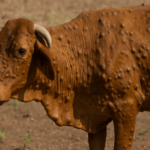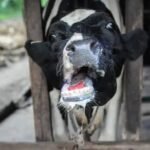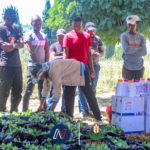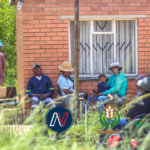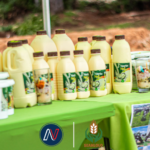A remarkable fusion of agriculture and artificial intelligence, a student at the National University of Lesotho (NUL) is breaking new ground with a home-grown, high-tech solution that promises healthier chickens and smarter farming.
Mangange Mpobole, a forward-thinking innovator, has developed an AI-powered poultry monitoring system that could redefine how farmers care for their birds.
His project, recently spotlighted by NUL Research and Innovations, uses ordinary cameras and artificial intelligence to track chicken behaviour—offering farmers a powerful early-warning system for illness.
Traditionally, poultry farmers rely on visual inspections to check the health of their flocks, an exhausting, time-consuming process prone to error, especially in large-scale operations.
According to NUL Research and Innovations, this method is “slow, tiring,” and easily misses early symptoms that could prevent widespread disease.
While other tech-based solutions, like sound sensors or wearables, exist, they are often costly and complex to implement. Mpobole’s system takes a different path: it’s affordable, scalable, and designed with real farmers in mind.
At its core are simple, strategically placed cameras inside poultry houses. These cameras feed live footage into an AI system trained to recognise individual birds—effectively creating a type of facial recognition for chickens, as NUL Research and Innovations describes it.
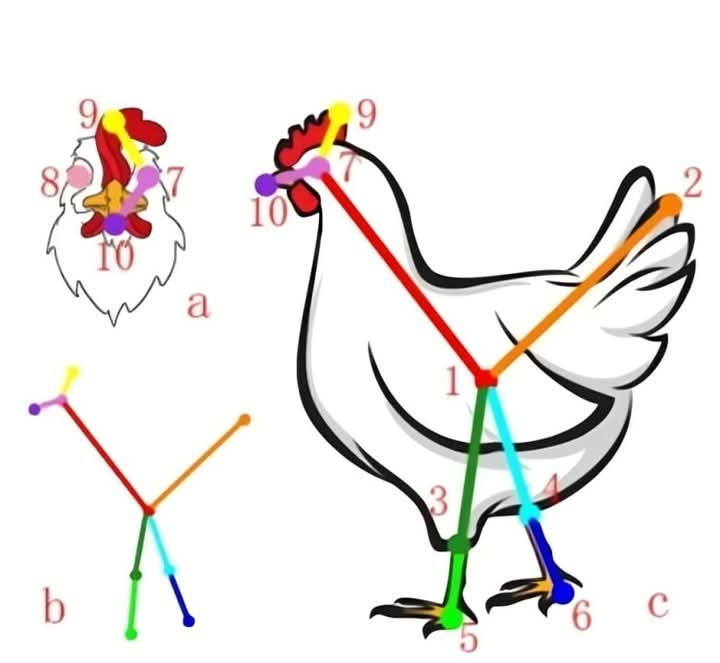
“The system goes beyond passive observation. It monitors each chicken’s movement, feeding and drinking patterns, and general activity over time. Using this data, it builds a behavioural profile for every bird. If a chicken deviates from its usual behaviour becoming sluggish or eating less, for instance, then the system immediately alerts the farmer,” the NUL Hub explained.
It added, “This real-time intervention is a game-changer. It allows farmers to act quickly, improving flock health and reducing losses. The system also tracks consumption, helping optimised feed use and cut down on waste, a critical factors in cost-efficient poultry production.”
Mpobole’s innovation highlights the power of local talent to solve local challenges with cutting-edge tools and as the NUL Research and Innovations notes, the technology is not only practical and effective, it is also designed to be accessible to smallholder farmers, potentially ushering in a new era of precision agriculture in Lesotho.
“With poultry farming playing a key role in food security and rural incomes, especially among youth and women, this kind of innovation could empower farmers and boost productivity in ways never imagined before. Mpobole’s AI solution might just be the start of a digital transformation in Lesotho’s,” the NUL Research and Innovations said.

